Role of Higher Education in Creation of Knowledge Economy in Punjab, Pakistan
DOI :
https://doi.org/10.34069/AI/2020.36.12.3Mots-clés :
Knowledge economy, educational institutions, Scientific and Technological knowledge, Rich Infrastructure, Funds and Incentives, Research and Development, Human Capital Development, Collaboration with Industry.Résumé
Knowledge is working as an engine in achieving sustainable economic development goals for societies who are shifting from labor intensive economy to knowledge based economy like Pakistan. Education works like a backbone in knowledge based economies. Hence, the current research is planned to find out that is the educational institutions of Pakistan are contribution in production of new knowledge or not. Survey was the technique used by researcher for collection of information. Tool for gathering data was questionnaire and sample was selected from six public and private universities of Punjab Pakistan by applying simple random technique while the sample size was comprised of 606 respondents. Both descriptive and inferential statistical techniques were considered to analyze the data. Association found between the efforts made by higher educational institutions by providing access to knowledge, rich infrastructure, funds, incentives, research and development, human capital development, collaboration with industry and creation of knowledge economy.
Téléchargements
Références
Ankrah, S., & Omar, A. T. (2015). Universities–industry collaboration: A systematic review. Scandinavian Journal of Management, 31(3), 387-408.
Andria, D & Ivan Savin. (2018). A Win-Win-Win? Motivating innovation in a Knowledge economywith tax incentives. Technological Forecasting and Social Change, vol. 127, issue C, 38-56.
Barosso, J. M. (2005). Strong Universities for Europe. Speech given to the European Universities Association Convention, Glasgow.
British Council. (2012). The shape of things to come: Higher education global trends and emerging opportunities to 2020. Global edition.
Chen, D. H., & Dahlman, C. J. (2005). The knowledge economy, the KAM methodology and World Bank operations. World Bank Institute Working Paper, (37256).
Chandra, D. S., & Yokoyama, K. (2011). “The role of good governance in the knowledge-based economic growth of East Asia – A study on Japan, Newly Industrialized Economies, Malaysia and China”. Graduate School of Economics, Kyushu University.
Cook, S. D., & Brown, J. S. (1999). Bridging epistemologies: The generative dance between organizational knowledge and organizational knowing. Organization Science, 10(4), 381–400.
Conceição, P., & Heitor, M.V. (1999). On the role of the university in the knowledge economy. Science and Public Policy, vol 26 (1), pp 37–51
European Commission. (2005). Mobilising the Brainpower of Europe: Enabling Universities to Make their Full Contribution to the Lisbon Strategy. European Higher Education in a Worldwide Perspective. Commission Staff Working Paper - Annex to the Communication from the Commission [SEC(2005)518].
Forstorp, P. A., & Mellström, U. (2013). Eduscapes: Interpreting transnational flows of higher education. Globalisation, Societies and Education, 11(3), 335-358.
Guile, D. (2001). Education and The Economy: Rethinking The Question Of Learning For The ‘Knowledge. Era. Futures, 33, 469–482.
Hicks, D. (2012). Performance-based university research funding systems. Research policy, 41(2), 251-261.
Ioana, M. I., Anda, M. I., Ioan, P., & Bianca, R. A. (2015). The importance of community involvement in research and innovation between 2014–2020. Procedia-Social and Behavioral Sciences, 182, 619-622.
Jalil, A. & Idrees, M. (2013). Modeling the impact of education on the economic growth: Evidence from aggregated and disaggregated time series data of Pakistan. Economic Modelling, Elsevier, vol. 31©, p. 383-388.
Mushtaq, M. (2020). Role of Institutional Theory and Quality Prevalence in Higher Educational Institution. Revista Amazonia Investiga, 9(30), 10-23. https://amazoniainvestiga.info/index.php/amazonia/article/view/1433
Mushtaq, M., Ch, A., Parveen, S., Hussain, S., & Iqbal, S. (2020). Leadership Characteristics and Quality Prevalence in Higher Education. Revista Amazonia Investiga, 9(31), 82-95. https://amazoniainvestiga.info/index.php/amazonia/article/view/1456
Kefela, G. T. (2010). Knowledge-based economy and society has become a vital commodity to countries. International NGO Journal, 5(7), 160-166.
Levy, C., & Hopkins, L. (2010). Shaping up for innovation: are we delivering the right skills for the 2020 knowledge economy?. London: The Work Foundation.
Lundvall, A. B., & Johnson, B. (1994). The Learning Economy. Journal of Industry Studies, 1:2, 23-42.
Mathew, A. O., & Rodrigues, L. L. (2015). Effect of incentives on knowledge sharing and learning–Evidence from the Indian IT sector. International Journal of Social, Behavioral, Educational, Economic and Management Engineering, 9(3), 763-768.
McGregor, J., Tweed, D., & Pech, R. (2004). Human capital in the new economy: devil's bargain?. Journal of Intellectual Capital. Vol 5 (1), pp. 153-164.
Mian, et, al. (2010). Building Knowledge Regions in Developing Nations With Emerging Innovation Infrastructure: Evidence From Mexico And Pakistan. Int. J. Innovation and Regional Development, Vol. 2 (4).
Peters, A. M. (2003). Classical Political Economy and The Role Of Universities In The New Knowledge Economy. Globalization, Societies and Education, 1:2, 153-168.
Robertson, S. L. (2005). Re?imagining and rescripting the future of education: Global knowledge economy discourses and the challenge to education systems. Comparative education, 41(2), 151-170.
Soriano, F. H., & Mulatero, F. (2010). Knowledge policy in the EU: From the Lisbon strategy to Europe 2020. Journal of the Knowledge Economy, 1(4), 289-302.
Tarar, N. O. (2006). Globalisation and higher education in Pakistan. Economic and Political Weekly, 41(49), pp. 5080-5085.
Weber, S. A. (2011). The role of education in knowledge economies in developing countries. Procedia Social and Behavioral Sciences, Vol 15, pp 2589–2594.
World Bank. (2013). World Development Report. Washington, DC: World Bank.
World Bank Institute. (2010). Measuring Knowledge In The World’s Economies: Knowledge Assessment Methodology And Knowledge Economy Index. Washington: Knowledge for Development (K4D) Program.




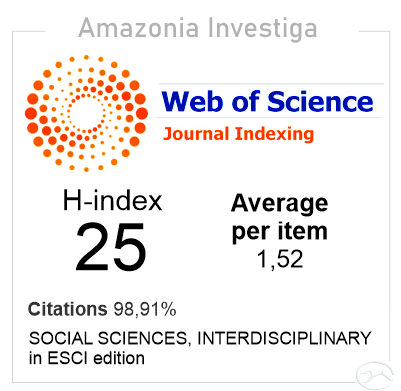



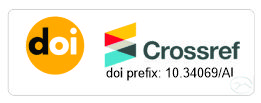



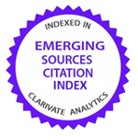
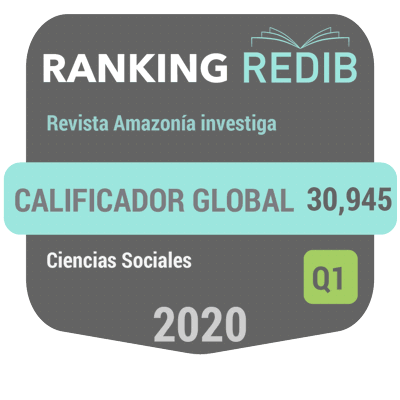
















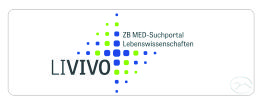



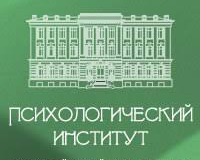












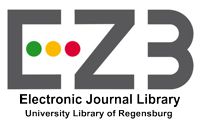

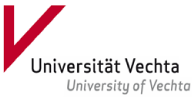



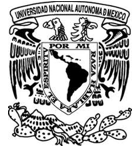











.gif)






